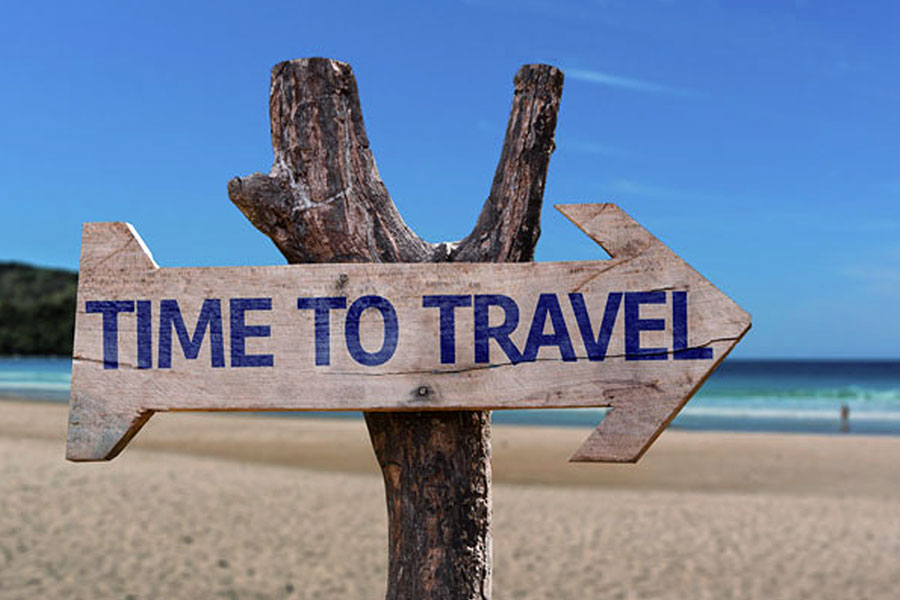National Travel and Tourism Week is May 2 through May 10 this year. Across the country, the travel industry will be staging events and putting out news releases designed to make us all more aware of the importance of tourism.
At LHWH, we live and work in a tourism-centric community that is one of the most popular travel destinations in America. According to 50states.com, about 28.5 million people travel to South Carolina each year, and Myrtle Beach alone has 14 million visitors.
Since tourism is the lifeblood of Myrtle Beach, we thought this week would be a good time to join in the fun and share five fascinating facts we recently learned about travel:
Travel is big business for the U.S. Did you know that direct spending by travelers in the U.S. averages $2 billion a day? According to the U.S. Travel Association, resident and international travelers spend roughly $105 million an hour traveling around our country.
A lot of travelers are up in the air. The U.S. is home to a third of all the airports in the world, and there are more than 60,000 people in the air over the U.S. at any given time, on any given day, reports BuzzFeed Life.
Don’t work in the travel industry? Your job might still depend on it. Seven million American jobs are indirectly connected to tourism, according to the U.S. Travel Association. Another eight million jobs are in the travel industry. One in nine of us depends on travel for our livelihood.
More Americans are using the internet to make travel plans. Going online to find flights, hotel rooms, amenities and attractions is becoming the norm. Mobile is the on-the-go resource of choice and the travel industry is taking note. During 2014, nearly 90 million Americans used the internet to plan an upcoming trip or vacation, according to traveltamed.com.
Americans enjoy time off because our employers enable us to. USA Today recently reported that the United States is the only developed country in the world without a single legally-required paid vacation day or holiday. American employers (sometimes with unions) set the rules for time off. European, Japanese and Canadian governments actually require employers to provide employees with 10 or more paid vacation days a year. The French have the best deal, as they are entitled to 30 days.








